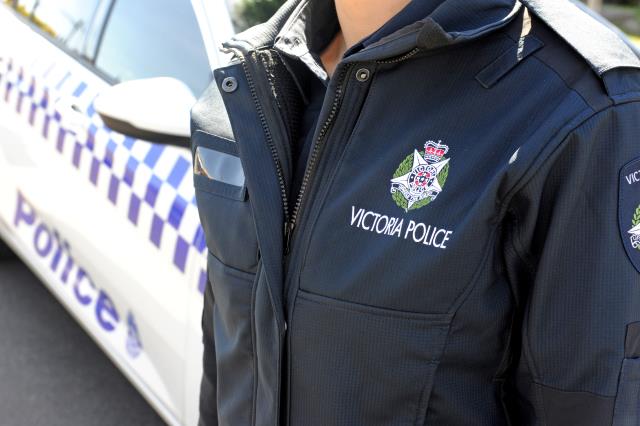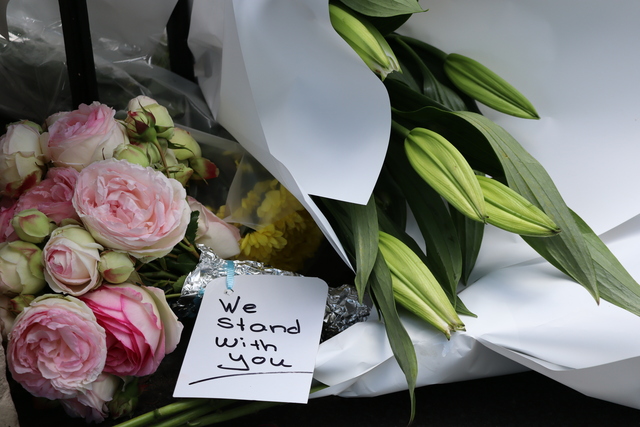By Cam Lucadou-Wells
Community safety and crime loom as key battleground issues for the state election.
One who will be watching keenly is Berwick mother ‘Anne’, a victim-of-crime featured by Star News in July.
She just hopes the political parties match their tough promises with action.
She and her 40-something daughter ‘Beth’ remain brutally impacted more than a decade after Beth was viciously stabbed and beaten unconscious by a man in her home.
It left Beth with a significant brain injury and permanently. It robbed her of “everything”: her social life, her relationship with her kids, meaningful work, her ability to drive and her independence.
The perpetrator was jailed for a minimum of five years, but Anne says it ought to have been for life.
Anne lives in what looks to be a peaceful, tree-lined suburban street.
But recent home and car break-ins and the theft of a garden statue in the neighbourhood suggest otherwise.
It reinforces her feeling that crime is a growing problem, and has drawn her towards the Coalition’s punitive law-and-order regime.
Its promises include tougher bail laws for violent, recidivist offenders and a ‘one-strike and you’re out’ policy for accused offenders breaching bail.
It will also abolish concurrent sentences for violent repeat offenders and introduce mandatory jail for police car ramming.
In the past three years, the State Government has introduced tougher bail reforms, created offences for car jacking and home invasion, and restricted the use of community corrections orders.
A spokesman said the parole reforms had created the “toughest (system) in the country”.
“We’ll continue to make the changes necessary to keep Victoria safe.”
But their efforts aren’t resonating with Anne, who can’t see the results on the ground.
According to crime statistics for September 2017, Casey’s crime rate dropped for the first time in five years.
But still the number of assaults top 2000 a year, burglaries also more than 2000 – that’s about 40 of each a week.
Anne found little common ground with the Green’s call for an “evidence-based approach” to justice policy.
“Changes to sentencing, parole and bail laws over the past few years made life tougher for serious offenders but also left fewer options for less serious offenders,” Greens justice spokeswoman Sue Pennicuik said.
That led to an exploding rise in prison numbers, she said.
Professor Arie Frieberg, chairman of the Victorian Sentencing Advisory Council, said while jail took offenders off the streets, there was no strong evidence that it led to lower crime rates.
Prison was also not effective in reforming criminals, with almost half returning to jail within two years.
“Given the cost of prison versus community corrections orders, we’re better using CCOs with rehabilitation conditions,” Professor Frieberg said.
He said there was a general perception that sentences were too lenient. And it was much played upon by politicians.
But studies showed that the public, when armed with the same facts on a case as judges, would opt for a more lenient or similar sentence.
It required politicians to show leadership to correct the perception gap, he said.
“Of course, I hold little hope of that.”







